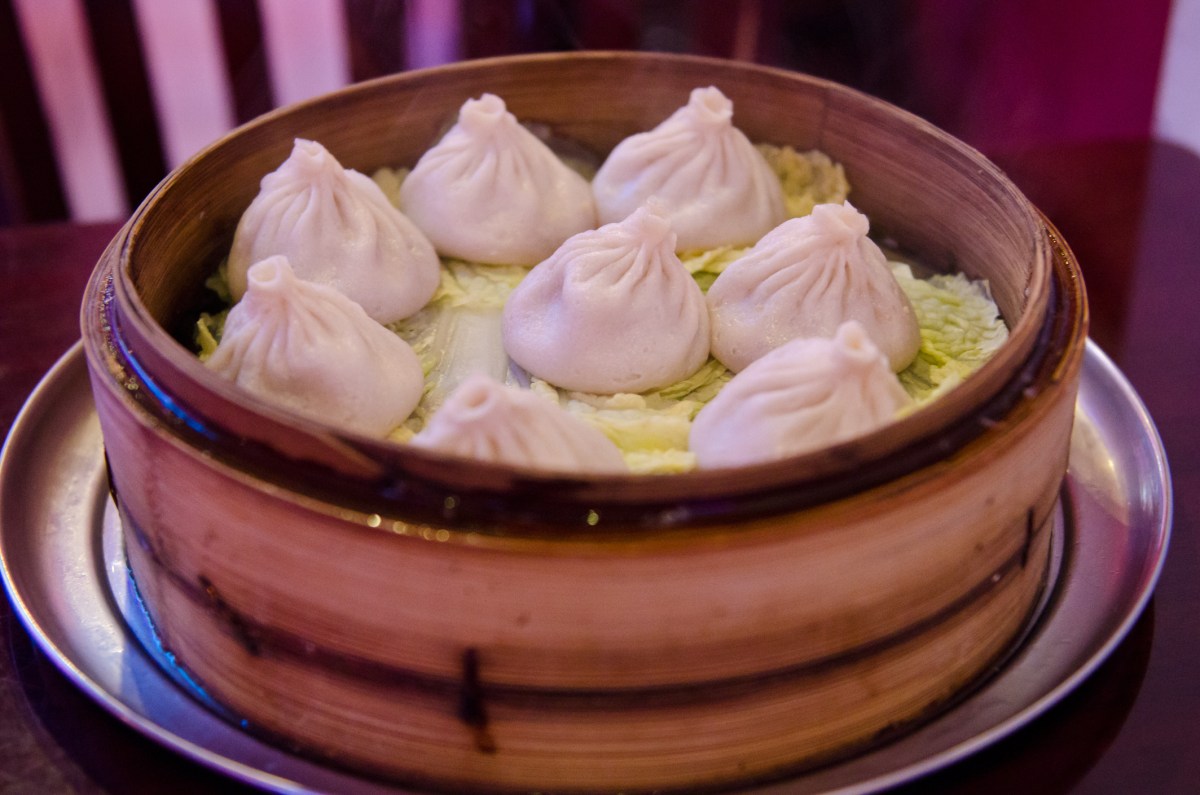GrubMarket, the $3.6-billion, food delivery and supply chain startup backed by Tiger Global, BlackRock and nearly 100 other investors, has snapped up another food delivery startup on its consolidation march: It is acquiring FreshGoGo, a New York-based, B2C platform selling Asian groceries and ready-made dishes.
Terms of the deal are not being disclosed, but we understand that the deal involves a mix of cash and shares in GrubMarket. FreshGoGo had raised around $15 million from individual investors, according to GrubMarket. Its founder, Jianbing Duan, will stay with the company and continue running the business.
The acquisition is coming close on the heels of another deal: Earlier in August, GrubMarket acquired Good Eggs for an undisclosed sum.
FreshGoGo has around 210,000 customers across 27 states, and generates annual revenue of about $30 million from sales of groceries, “food court” ready-made meals, and other prepared and off-the-shelf food products. The company is not profitable.
The deal underscores the ongoing evolution of the food logistics and delivery space. Startups founded just before or during the COVID-19 pandemic found themselves riding high as much of the world stayed indoors and wanted to spice up eating at home. These startups built apps to facilitate ordering, supply-chain management and delivery logistics.
Typically, these startups were built as three-sided marketplaces involving food suppliers, the people carrying out the deliveries, and end-customers buying food. Collectively, they raised hundreds of millions of dollars in venture funding as investors hungrily eyed booming consumer interest. And the startups took the term sheets to compete for business with discounts, free promotions and splashy ad campaigns.
By 2022, however, things had changed. Not only were people returning to pre-pandemic consumption patterns (and going outside again), but the economy was shifting. Inflation and unemployment were on the rise, putting a lot of pressure on businesses selling nice-to-haves. Tech companies focused on delivery services saw growth plateau or even decline.
FreshGoGo had similar problems, but it appears to have had some other issues, too: This story from 2022 details the company’s struggles to pay vendors — those selling food on the platform — on time.
GrubMarket, based out of Silicon Valley and incubated at Y Combinator, started off with fresh produce, specifically positioning itself as the digital interface for fruit and vegetable growers who were looking for more efficient ways to connect with retailers and consumers. It eventually focused just on retailers and became a key supplier to Whole Foods and other well-known department stores and grocers.
It has raised over $600 million to date, according to PitchBook. And while a number of smaller companies struggled with unit economics, GrubMarket grew and leveraged its newfound heft to acquire those smaller companies. Its aim, said CEO and founder Mike Xu in an interview, is to fix what isn’t working in otherwise promising ventures. For example, in the case of Good Eggs, Xu said that startup is now about to turn a profit after struggling for years.
FreshGoGo is quite a turn away from Good Eggs, a high-profile Bay Area favorite, and today’s deal points to how GrubMarket is exploring the longer tail of food distribution opportunities. Other cuisine-specific acquisitions GrubMarket has made cover Korean, South American and Caribbean, and Greek food.
Duan founded FreshGoGo in 2017 in New York, tapping into the wide network of independent food sellers and food courts frequented by Chinese immigrant communities and adventurous foodies on the search for authentic food that can be hard to find in most grocery stores or mainstream Asian restaurants.
FreshGoGo’s premise was to bring those products to more people, and it built a wider logistics and online commerce business around that — it claimed that its average basket size was more than $100. It was a simple premise, but it seems it was challenging to execute, judging by the reports of missed supplier payments and the stagnating growth that led to the company’s sale to GrubMarket.
Although GrubMarket continues to be focused mainly on B2B, it will continue to pick up B2C companies opportunistically, as it did with Good Eggs and FreshGoGo, Xu said. If the company can migrate more operations to its own platforms, GrubMarket and the companies it’s buying will both get better economies of scale, Xu said.
“We stay opportunistic about B2C acquisitions for those B2C companies who are solid financially and capital-efficient,” he added, “which either have been breakeven/profitable, or can be turned to breakeven or profitable quickly after our takeover.”

